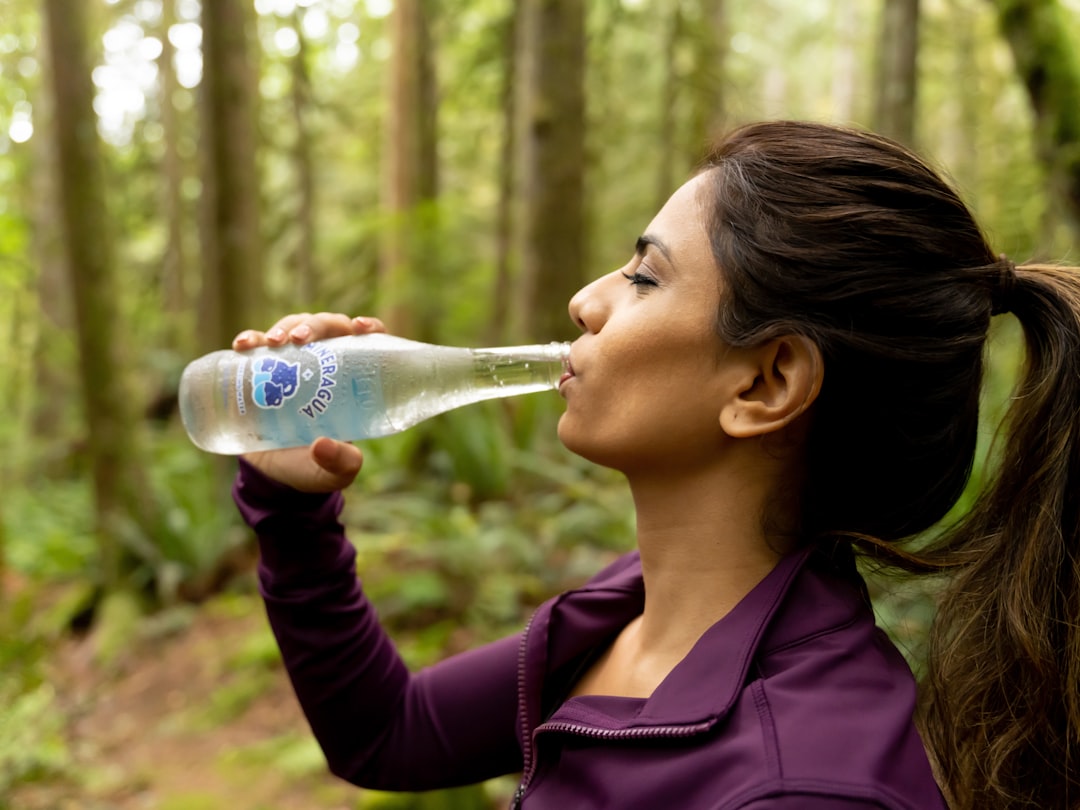At QuickAdvisr, we bring you expert insights. Staying hydrated is essential for overall health, but there’s a lot of confusion surrounding how much water we actually need and what counts as proper hydration. From hearing you need eight glasses a day to believing coffee dehydrates you, 5 Common Hydration Myths Debunked (Plus How Much Water You Really Need) will set the record straight. Let’s dive into the facts and debunk these common misconceptions.
Myth 1: You Need to Drink Exactly 8 Glasses of Water Daily — QuickAdvisr Insights

One of the most pervasive hydration myths is the “8×8 rule,” which suggests drinking eight 8-ounce glasses of water daily. While this is a simple guideline, it’s not a one-size-fits-all solution.
Why This Myth Is Misleading
Your water needs depend on factors like age, weight, activity level, and climate. For example, athletes or people living in hot climates may need more water than sedentary individuals. The National Academies of Sciences, Engineering, and Medicine recommends:
| Group | Daily Water Intake |
|---|---|
| Men | 3.7 liters (125 ounces) |
| Women | 2.7 liters (91 ounces) |
Remember, this includes water from all sources, including food and beverages.
Myth 2: Thirst Means You’re Already Dehydrated

Many people believe that feeling thirsty indicates dehydration. While thirst is a signal from your body to drink more water, it doesn’t necessarily mean you’re dehydrated.
The Truth About Thirst
Thirst is your body’s early warning system, not a sign of severe dehydration. Mild thirst can be quenched by drinking water promptly. Severe dehydration, on the other hand, involves symptoms like dizziness, rapid heartbeat, and confusion.
“Thirst is a reliable indicator for most people to drink water, but don’t wait until you’re parched. Stay ahead of it!” – Dr. Jane Smith, Nutritionist
Myth 3: Coffee and Tea Dehydrate You
It’s a common belief that caffeinated beverages like coffee and tea dehydrate you. While caffeine is a mild diuretic, these drinks still contribute to your daily hydration.
How Caffeine Affects Hydration
Moderate consumption of coffee or tea doesn’t lead to dehydration. In fact, they can count toward your daily water intake. Here’s a comparison:
| Beverage | Hydration Contribution |
|---|---|
| Water | 100% |
| Coffee | 80-90% |
| Tea | 85-95% |
Myth 4: Clear Urine Means You’re Properly Hydrated
Many people think that clear urine is the ultimate sign of hydration. While it’s true that dark urine can indicate dehydration, clear urine doesn’t always mean you’re perfectly hydrated.
What Your Urine Color Really Means
Urine color can vary based on factors like vitamins, medications, and food. Pale yellow is generally a good indicator of hydration. Here’s a quick guide:
| Urine Color | Hydration Level |
|---|---|
| Clear | Possible overhydration |
| Pale Yellow | Well-hydrated |
| Dark Yellow | Dehydrated |
Myth 5: You Can’t Drink Too Much Water
While rare, it’s possible to overhydrate, a condition known as hyponatremia. This occurs when excessive water intake dilutes sodium levels in the blood, leading to serious health issues.
How to Avoid Overhydration
Listen to your body and drink water when thirsty. Avoid excessive water intake, especially during intense physical activity. Balance electrolytes with sports drinks if needed.
How Much Water Do You Really Need?
So, what’s the right amount of water for you? Here’s a simple approach:
- Assess your activity level: More exercise means more water.
- Consider your environment: Hot or dry climates increase water needs.
- Monitor your body: Pay attention to thirst and
📌 Related reading: The Impact of Social Media on Politics: Facts and Real-Life Examples
Disclaimer: This article was generated with AI and is for informational purposes only. Verify with trusted sources before making decisions.🚀 Insights powered by QuickAdvisr.













